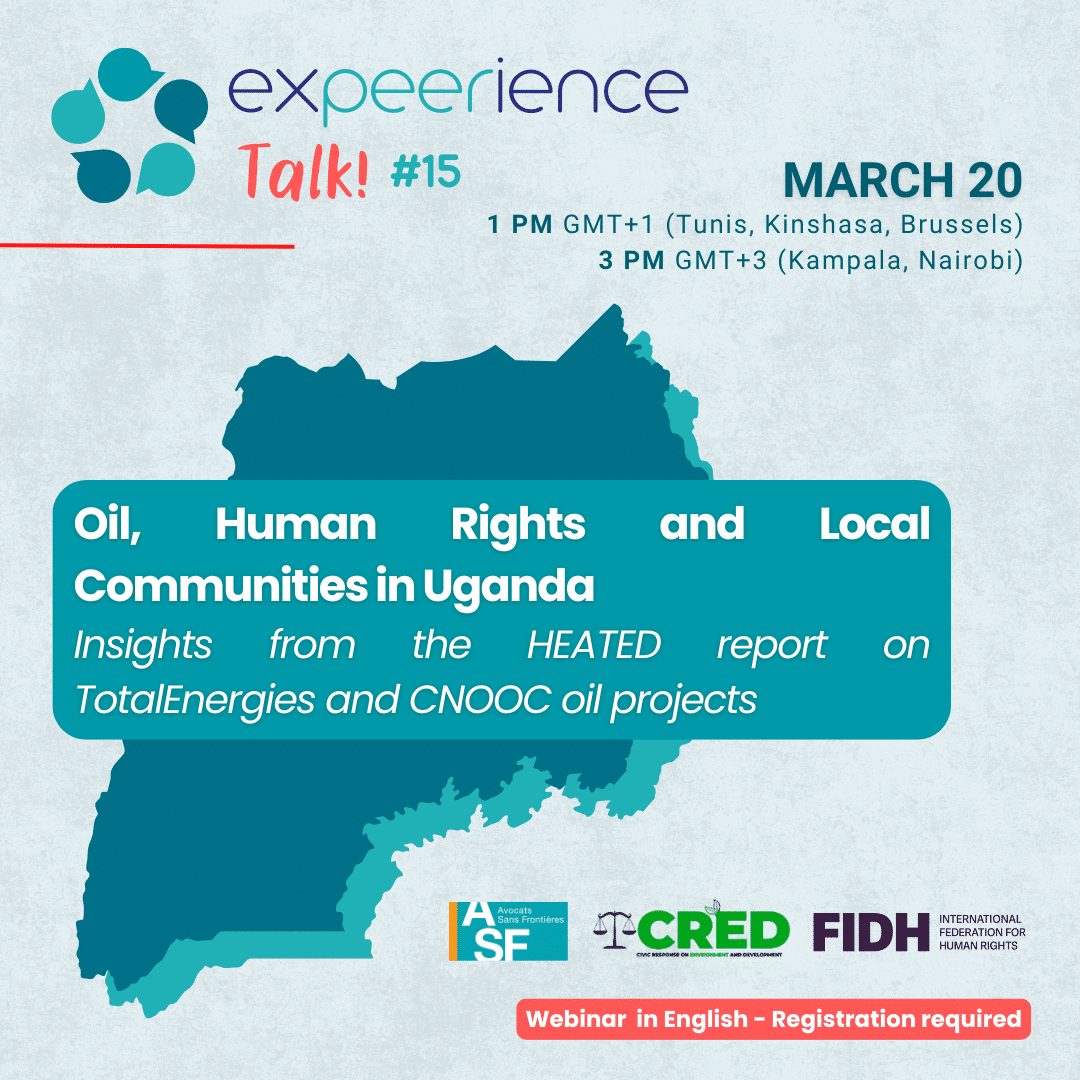Category: Business & human rights
-
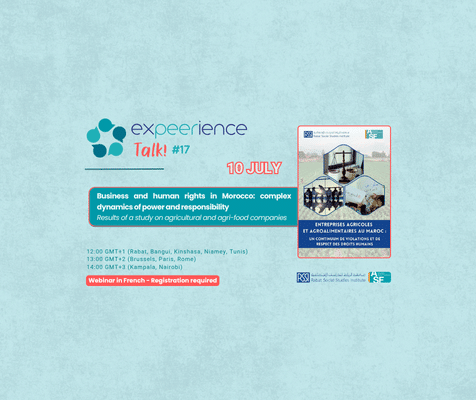
ExPEERience Talk #17 – Business and Human Rights in Morocco: Complex Dynamics of Power and Responsibility
Avocats Sans Frontières (ASF) and the Rabat Social Studies Institute (RSSI) invite you to a webinar devoted to the presentation of the results of the report “Agricultural and agri-food companies in Morocco: a continuum of human rights violations and respect”, the result of an in-depth survey carried out among small and medium-sized enterprises (SMEs) in…
-
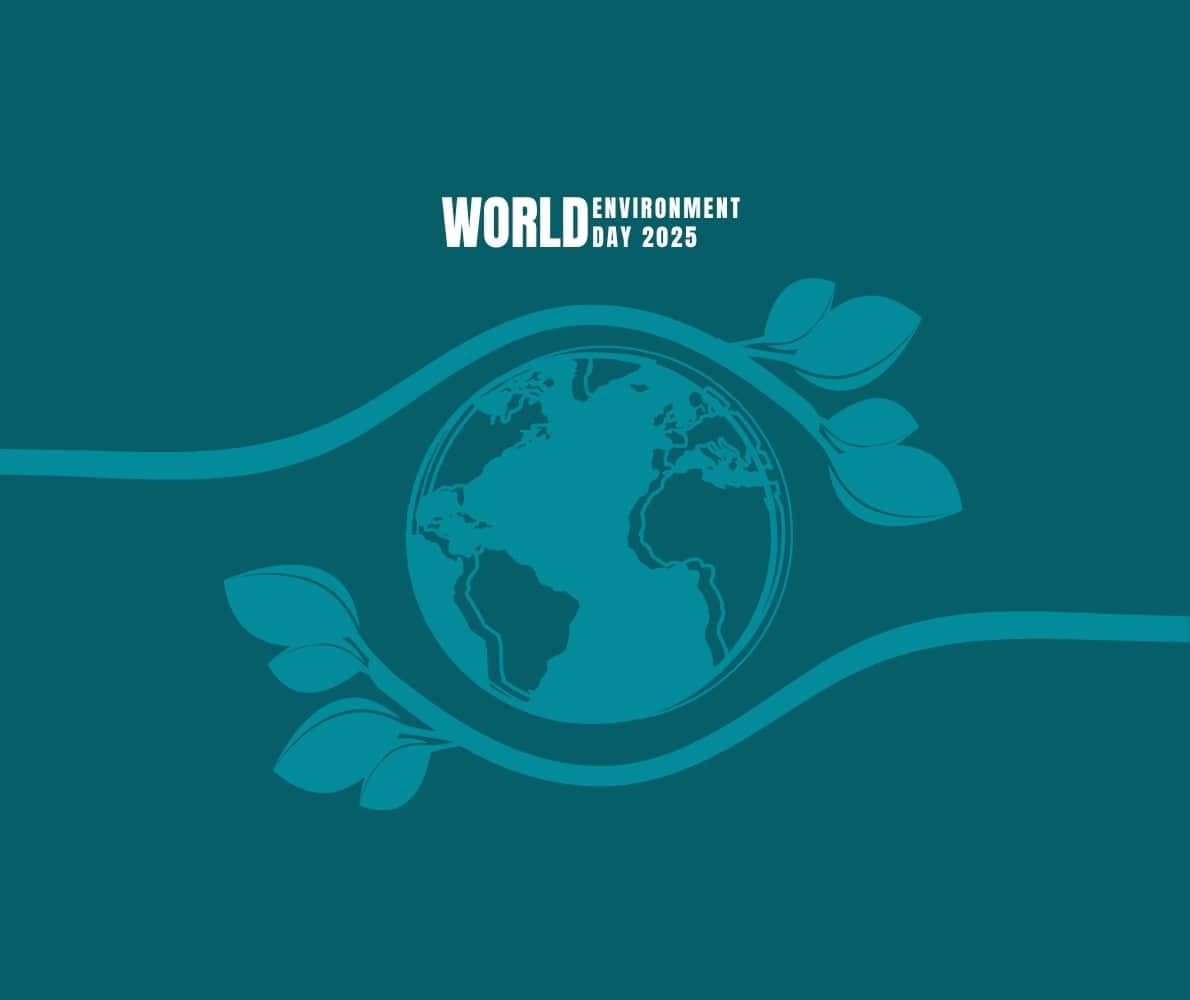
World environment day: The right to a healthy environment
Enjoying a healthy, safe, clean, and sustainable environment is a human right. Defending it is one of the defining fights of our time. At ASF, we defend the right to a healthy environment through legal aid, strategic advocacy, and community engagement.
-
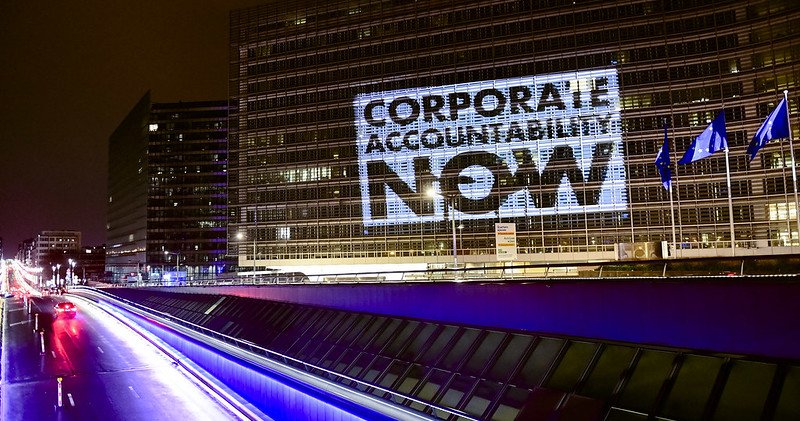
The big EU deregulation: Disastrous Omnibus proposal erodes EU’s corporate accountability commitments and slashes human rights and environmental protections
The publication by the European Commission of its Omnibus proposal revising key corporate sustainability laws sends a clear political signal: President Ursula von der Leyen is deprioritising human rights, workers’ rights and environmental protections for the sake of dangerous deregulation.
-

Agricultural and agri-food companies in Morocco: A continuum of human rights violations and disrespect
Avocats Sans Frontières (ASF) presents an in-depth study on corporate responsibility with regard to human rights (CRHR) in Morocco, with a focus on the practices of small and medium-sized enterprises (SMEs) in the agricultural and agri-food sectors. This analysis reveals the complex dynamics of power and responsibility that influence the protection of human rights in…
-
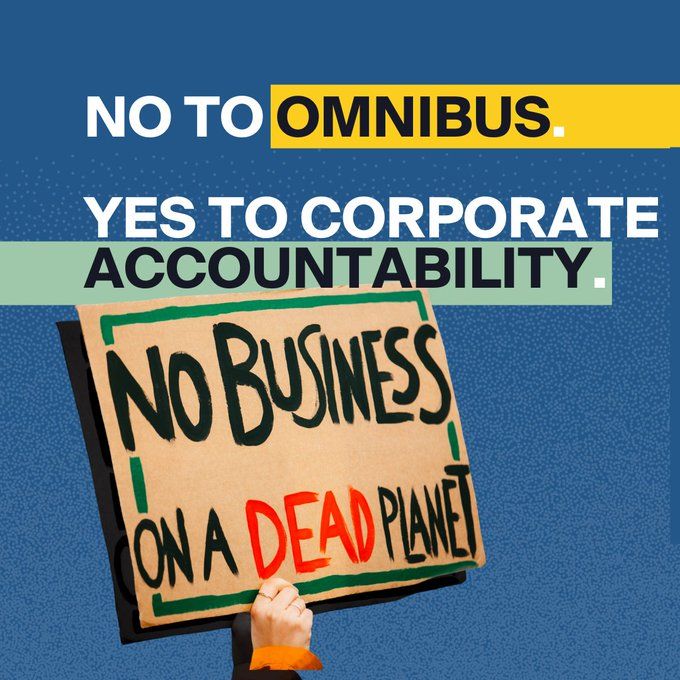
The Omnibus EU proposal will create costly confusion and lower protection for people and the planet
ASF joins over 160 civil society organisations, human rights and environmental defenders, trade unions, and activists in rejecting the EU Omnibus proposal! On 8 November 2024, European Commission President Ursula von der Leyen announced she would introduce a proposal to amend three key pillars of the European Green Deal through an Omnibus law. The European…
-
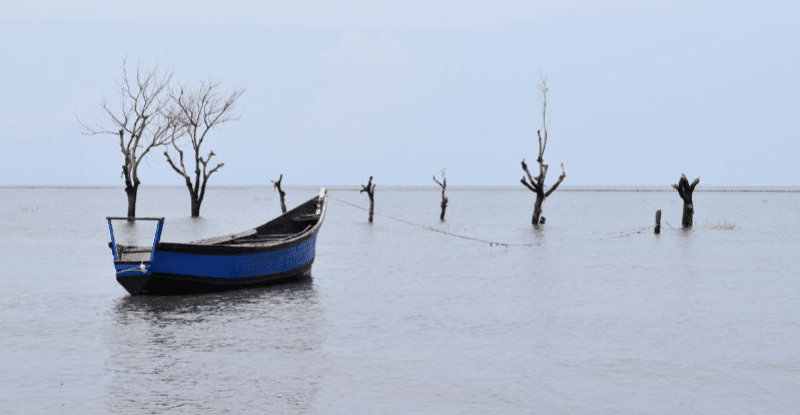
The oil sector in Uganda: serious human rights abuses and escalating threats as project development enters new phase
In collaboration with the International Federation for Human Rights (FIDH) and Civic Response on Environment and Development (CRED), ASF has published a report on human rights violations committed by major oil companies in Uganda and the repression of human rights defenders by the state.
-
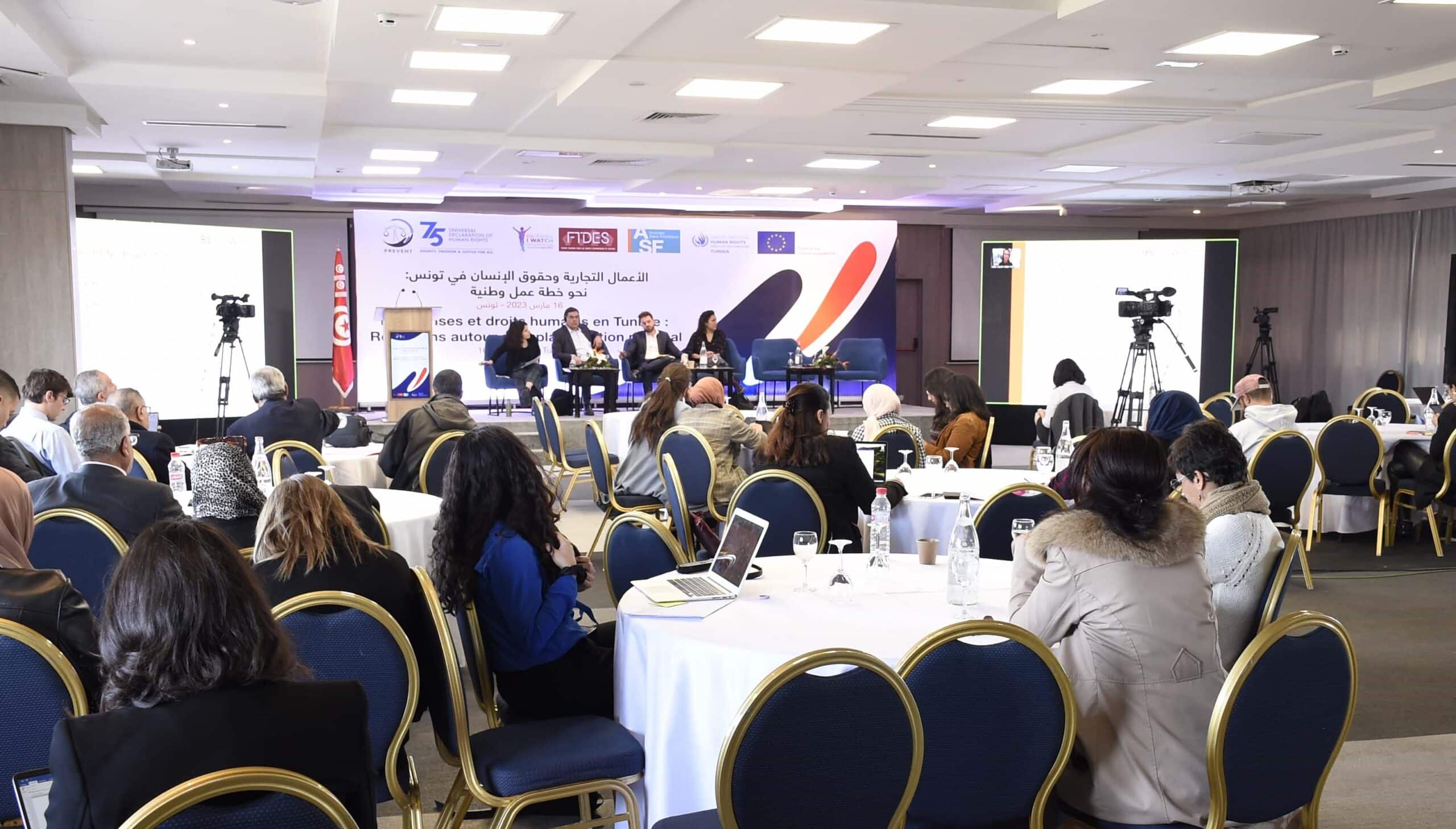
Economic development must serve human rights, not undermine them
In the global economic landscape, companies are no longer simply commercial players, they are shaping political landscapes and societal dynamics. In this article, published in our latest annual report, ASF explains how it addresses the systemic challenges linked to the activities of private companies by defending the rights of affected communities and tackling the impunity…
-
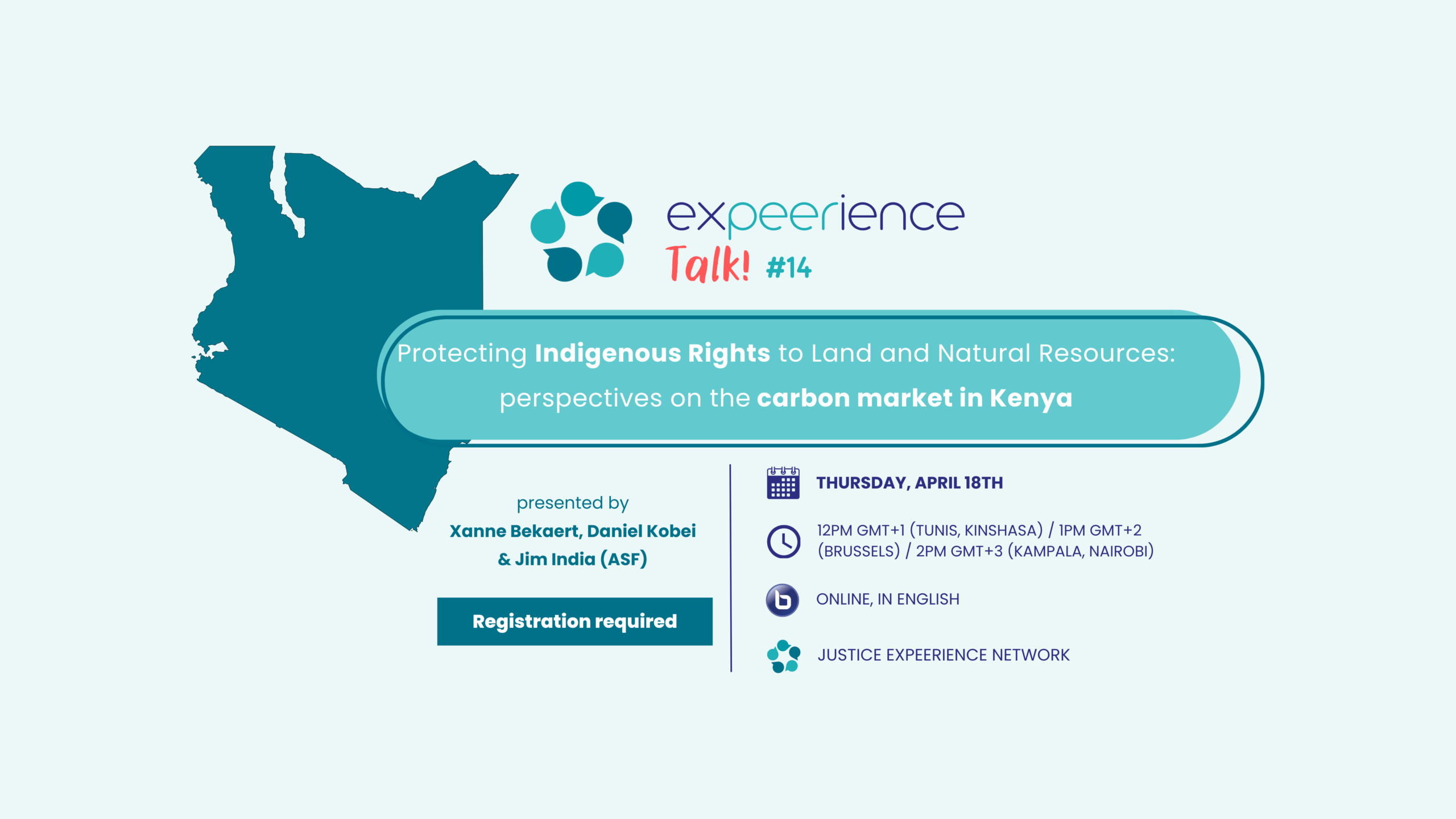
ExPEERience Talk #14 – Protecting Indigenous Rights to Land and Natural Resources: perspectives on the carbon market in Kenya
This talk aims to shed light on the complex relationship between carbon markets and indigenous rights in Kenya, with possible lessons to be learned for other countries in the region, and beyond. By incorporating perspectives from academic researchers and representatives of indigenous communities, the event seeks to contribute to ongoing discussions on environmental justice and…
-
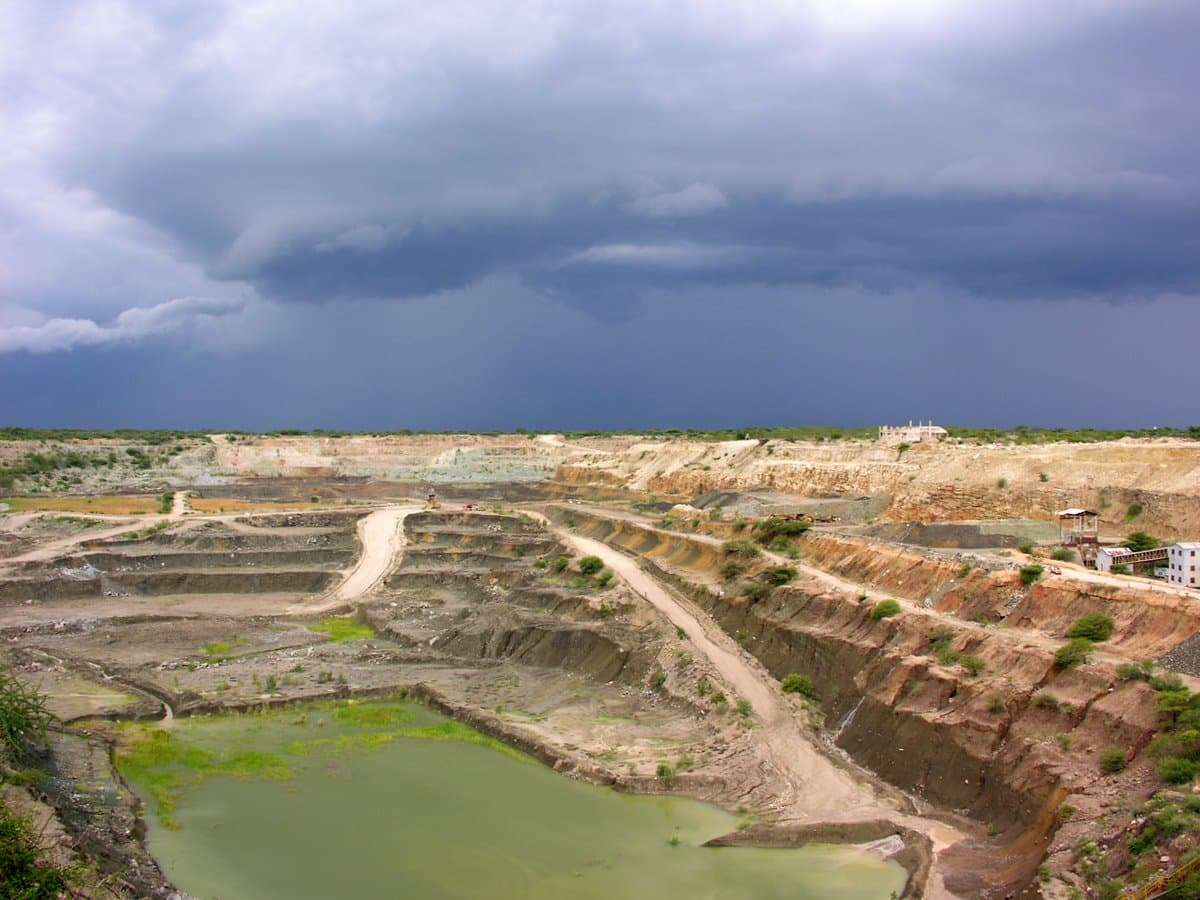
Improving Access to Remedy for Tanzania’s Extractives Sector
Where do victims or communities seek redress for harms caused by extractive companies in Tanzania? What is their experience, and that of legal aid providers, in engaging with courts, state-based remedy mechanisms or company grievance mechanisms? These are the critical questions that ASF tries to shed light on in a new report, entitled “Improving access…

